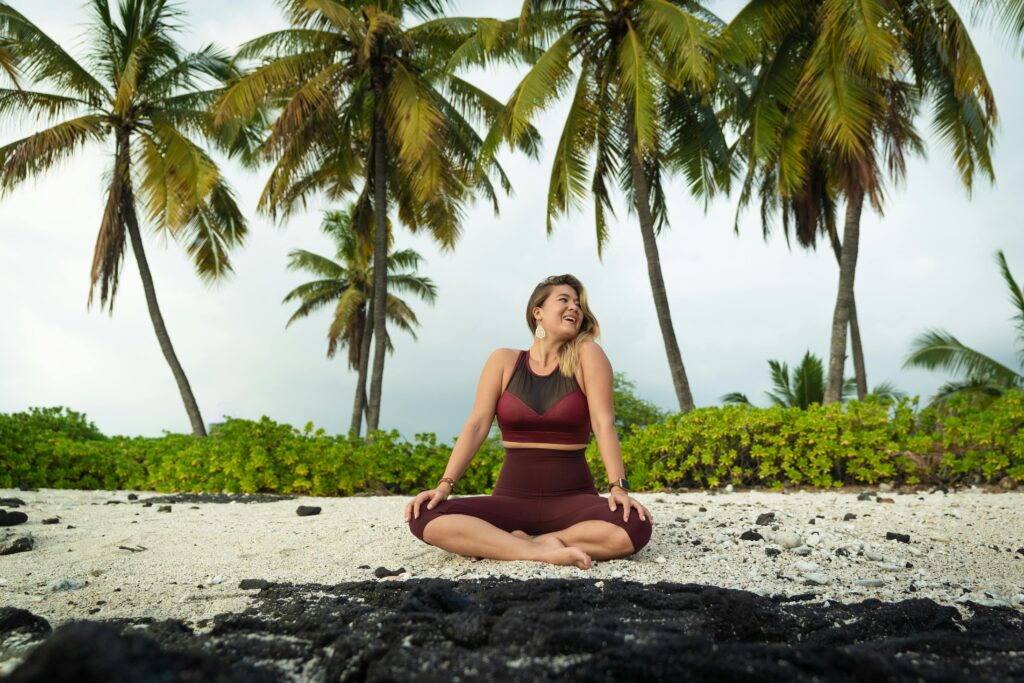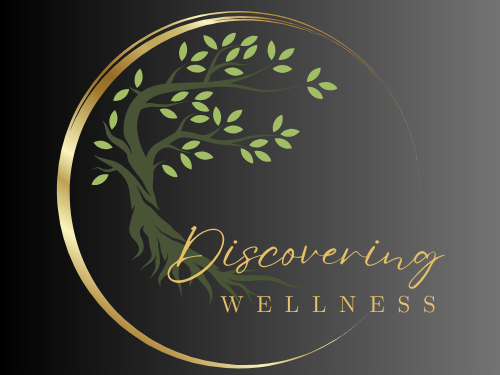
In the fast-paced modern world, stress has become an unavoidable part of daily life for many people. Whether it’s work deadlines, family obligations, financial pressures, or societal expectations, stress can take a toll on both our mental and physical well-being. Not only does stress affect our day-to-day functioning, but it can also contribute to the aging process, both biologically and psychologically. However, there are various strategies we can employ to combat stress and its detrimental effects, including the use of supplements and even taking vacations.
Understanding Stress and Aging
Before delving into stress reduction techniques, it’s essential to understand how stress impacts the aging process. When we experience stress, our bodies release hormones like cortisol, often referred to as the “stress hormone.” While cortisol serves a vital function in helping us respond to immediate threats, chronic stress can lead to persistently elevated cortisol levels, which can have negative effects on our health.
One significant consequence of prolonged stress is accelerated aging. Cortisol can contribute to the breakdown of cells and tissues in the body, leading to increased wear and tear over time. Additionally, it can impair the body’s ability to repair and regenerate cells, which is essential for maintaining youthful and healthy functioning. This biological aging process can manifest in various ways, including wrinkles, reduced immune function, and even premature graying of hair. It is not a myth that stress can cause gray hairs!
Supplements for Stress Reduction
Fortunately, there are natural supplements that may help reduce stress and mitigate its effects on aging. One such supplement is ashwagandha, an adaptogenic herb with a long history of use in traditional Ayurvedic medicine. Research suggests that ashwagandha can help lower cortisol levels and alleviate stress and anxiety, making it a popular choice for those seeking natural stress relief.
Another promising supplement is rhodiola rosea, another adaptogenic herb known for its stress-reducing properties. Rhodiola rosea has been shown to modulate cortisol levels and support the body’s stress response system, helping individuals cope with stressful situations more effectively.
L-theanine, an amino acid found in tea leaves, is another supplement worth considering for stress reduction. L-theanine promotes relaxation and reduces stress and anxiety without causing drowsiness, making it an excellent option for individuals looking to manage stress without impairing their cognitive function.
Other supplements that may help reduce stress include magnesium, omega-3 fatty acids, vitamin B complex, and valerian root. These supplements play various roles in supporting the body’s stress response system and promoting overall well-being.
The Power of Vacation
In addition to supplements, one often overlooked but highly effective method for reducing stress is taking vacations. While it may seem counterintuitive to take time off when feeling overwhelmed by stress, numerous studies have shown the positive impact of vacations on mental health and well-being.
Vacations provide an opportunity to disconnect from work and other stressors, allowing individuals to recharge both physically and mentally. Engaging in leisure activities, spending time with loved ones, and exploring new environments can help alleviate stress and promote relaxation.
Moreover, vacations have been shown to have long-lasting effects on stress reduction. Research indicates that taking regular vacations can lower cortisol levels, reduce blood pressure, and improve overall mood and well-being. By giving ourselves permission to relax and unwind, we can counteract the negative effects of chronic stress and slow down the aging process.
Conclusion
In conclusion, stress is an inevitable part of life, but it doesn’t have to dictate our health and well-being. By incorporating natural supplements like ashwagandha, rhodiola rosea, and L-theanine into our daily routines, we can help reduce stress levels and mitigate its effects on aging. Additionally, taking regular vacations provides a powerful antidote to stress, allowing us to recharge and rejuvenate both body and mind.
It’s essential to remember that managing stress requires a holistic approach that includes lifestyle changes, stress management techniques, and self-care practices. While supplements and vacations can be valuable tools in our stress reduction toolkit, they should complement other healthy habits like regular exercise, adequate sleep, and healthy eating.
Ultimately, by prioritizing our mental and physical well-being and taking proactive steps to manage stress, we can live happier, healthier, and more fulfilling lives at any age. So, why not start today? Treat yourself to a supplement regimen that supports stress reduction and plan your next vacation—it’s not just a luxury; it’s an investment in your health and longevity.



